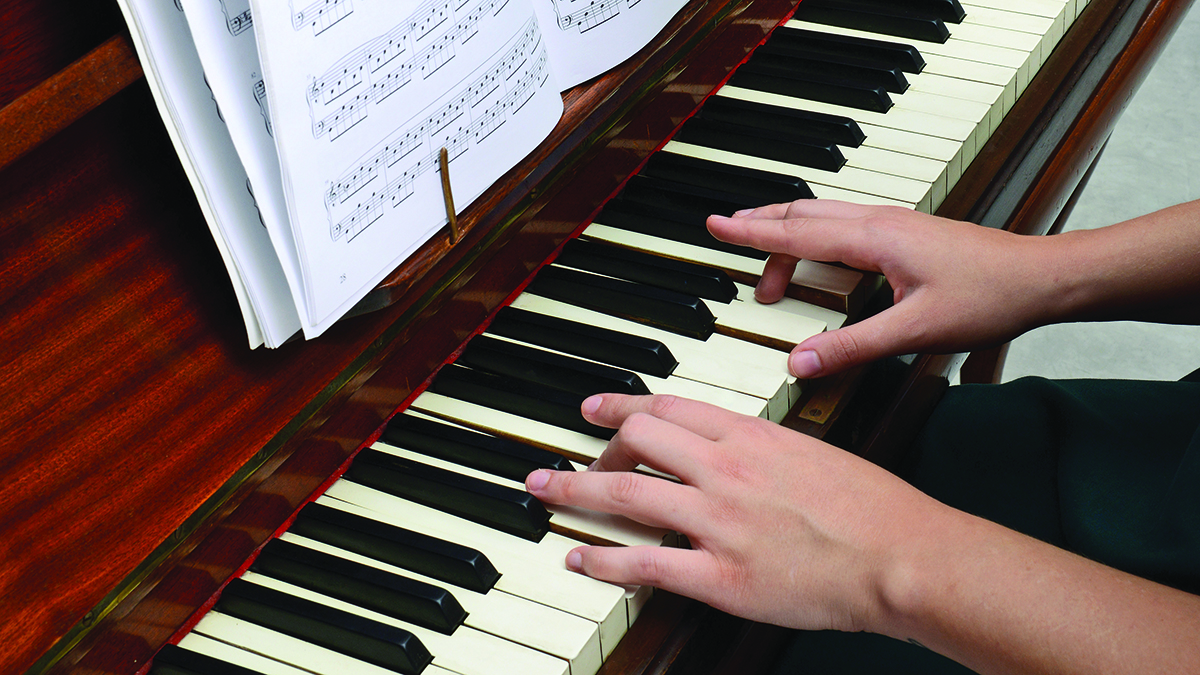New ‘smart gloves’ could help stroke patients relearn how to play the piano
Machine learning mitts can assist hand movements

Want all the hottest music and gear news, reviews, deals, features and more, direct to your inbox? Sign up here.
You are now subscribed
Your newsletter sign-up was successful
A new pair of ‘smart gloves’ could be used to help stroke patients who are suffering from limb weakness to relearn how to play the piano, research has indicated.
Scientists have developed an exoskeleton glove that features machine learning algorithms, fingertip sensors and moving components known as actuators, which mimic hand movements. The theory is that it can ‘teach’ the wearer how to play the piano again by guiding them on where they’re going right and wrong.
Dr Erik Engeberg, a professor at Florida Atlantic University’s department of ocean and mechanical engineering, is quoted as saying: “We found that the glove can learn to distinguish between correct and incorrect piano play.
“This means it could be a valuable tool for personalised rehabilitation of people who wish to relearn to play music.”
The study, which has been published in Frontiers in Robotics and AI, indicates that the gloves are capable of detecting where a player went wrong during their performance, so that they know where they need to improve.
“While wearing the glove, human users have control over the movement of each finger to a significant extent,” says Dr Erik Engeberg.
“The glove is designed to assist and enhance their natural hand movements, allowing them to control the flexion and extension of their fingers.
Want all the hottest music and gear news, reviews, deals, features and more, direct to your inbox? Sign up here.
“The glove supplies hand guidance, providing support and amplifying dexterity.”
Having provided a proof of concept, the researchers say that more work is now needed to make the gloves more accurate and adaptable.

I’m the Deputy Editor of MusicRadar, having worked on the site since its launch in 2007. I previously spent eight years working on our sister magazine, Computer Music. I’ve been playing the piano, gigging in bands and failing to finish tracks at home for more than 30 years, 24 of which I’ve also spent writing about music and the ever-changing technology used to make it.